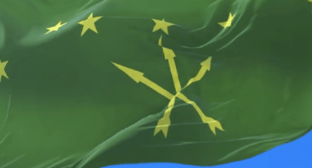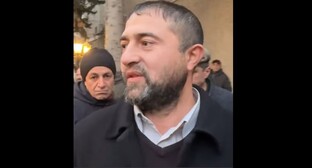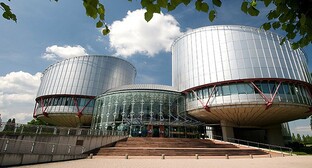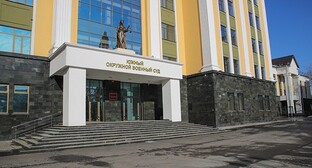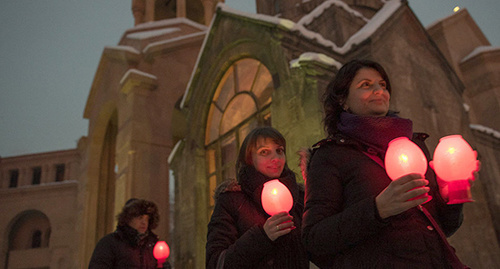
07 January 2016, 04:00
In Armenia and Nagorno-Karabakh, believers treat Epiphany as a family holiday
Armenia and Nagorno-Karabakh completed religious activities on the occasion of the holidays of Christmas and Epiphany combined under the common name of Epiphany, celebrated on January 6.
Starting from the end of the 3rd century, on January 6, the ancient church celebrated the holiday of Epiphany which combined Christmas and Epiphany. Followers of the Armenian Church did not participate in the Council of Chalcedon in 451, which separated the celebration of Christmas and Epiphany, and they still celebrate Epiphany on January 6. Other Christian churches celebrate the holiday of Christmas on January 7 and the holiday of Epiphany on January 19, the "Bogoslov.ru" reports.
David Karabekyan, a sociologist and lecturer of the Artsakh State University (Nagorno-Karabakh), sees a religious and political background in the celebration of Christmas on January 6.
"At night of December 25, during the pagan period, ancient Rome celebrated the birthday of the invincible sun, and after the adoption of Christianity, people started to celebrate the holiday of Christmas, since people as usual went to worship the sun. The holiday of Epiphany (Twelfth-day) was celebrated after that. Armenian religious figures combine three holidays in one with reference to the calculations of astronomers, as well as for political reasons. By that combination, Armenians tried to emphasize its independence from Rome and from the Orthodox Byzantine Empire," said David Karabekyan.
Armine Agaronyan, a resident of Yerevan, says that "her family unites Lutherans, Catholics and Orthodox, and, of course, followers of the Armenian Church." The woman treats Christmas mostly as a family holiday, and her family members celebrate Christmas on December 25, January 6 and 7. "In January, all our relatives gather in Yerevan for the New Year and Christmas holidays. The holiday of Christmas is one more reason to get together," says Armine Agaronyan.
Full text of the article is available on the Russian page of 24/7 Internet agency ‘Caucasian Knot’.
Author: Alvard Grigoryan Source: CK correspondent

